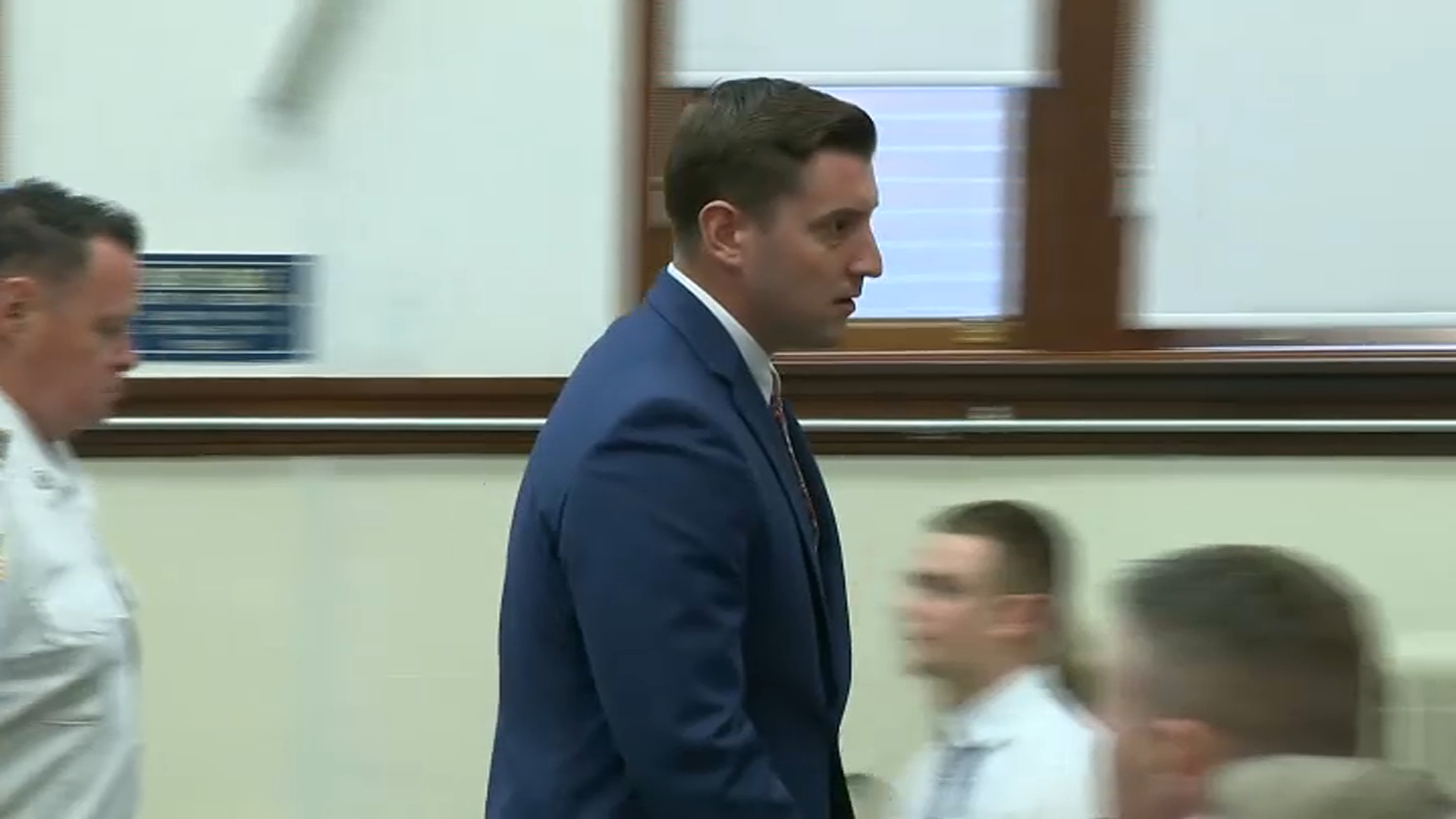The warning in a new report from the Metropolitan Area Planning Council and two advocacy groups is stark: The Boston 2024 Olympic bid “carries the prospect of great reward and the risk of great failure.”
“Cost overruns could plague the construction of facilities, and without adequate safeguards these could well become the responsibility of the city and state’s taxpayers,” the “Putting Legacy First” report issued Tuesday states.
Its key recommendation is that the state create a new commission with “binding” authority specifically to oversee planning of a Boston 2024 games, if the U.S. Olympic Committee sticks with Boston and the International Olympic Committee selects the Hub over other international rivals.
Andre Leroux, executive director of the Massachusetts Smart Growth Alliance, which teamed with Transportation For Massachusetts and MAPC on the report, said they are not for or against Boston hosting the games. “We wanted there to be a good public process around it.’’ Leroux said in an interview Tuesday afternoon. “We want to increase the amount of public transparency and ensure that there's a public agency that is in charge of the public interest in decision-making.’’
But the idea got a chilly reception from Boston Mayor Martin J. Walsh. “I don't necessarily think there should be a state agency that's handling the Olympics,’’ Walsh said.
The last plan made public would put two dozen Olympic venues in Boston, including the main stadium at the Widett Circle food-packing and transportation hub, an Olympic Village near UMass-Boston in Dorchester, and numerous events on Harvard University property in Allston, at Boston University, and at the Boston Convention and Exhibition Center in South Boston.
Walsh stressed that whatever state oversight is brought to bear, he will still be the one in charge of deciding what gets built where and how in Boston for an Olympics.
Massachusetts
The latest news from around the state
“Ultimately, it comes back to the city,’’ Walsh said. “We will have the last say as far as what's going to be put in what locations and what it will look like. It’ll be the BRA [Boston Redevelopment Authority] and it'll be city of Boston.’’
Leroux stressed, as the report does, that they are not proposing the state pre-empt local permitting and regulatory offices. “We are pretty clear in the report about not superseding any local authorities. However, there are different local authorities, and what if they have some conflicting points of view? Where is that going to be hashed out?’’ Leroux said. The report envisions a group something like the Gaming Commission with specific powers to work out disagreements among municipalities, the Massachusetts Bay Transportation Authority, the Department of Conservation and Recreation, the Massachusetts Water Resources Authority, and other agencies that would be affected by any games.
To Chris Dempsey of No Boston Olympics, however, the goal still needs to be to prevent plans moving forward he predicts will leave city and state taxpayers on the hook for billions of dollars in land-taking costs, construction and overruns for a three-week event at a time of year the city doesn’t need any help attracting tourists.
“It’s clear that if the Boston bid goes forward, state taxpayers are going to be on the hook for the cost overruns or the revenue shortfalls,’’ Dempsey said. “So, clearly, the state has a role to play in this. But we think that our state leaders should be focused on protecting taxpayers from the bid rather than trying to help the bid along.’’
“We don't need a velodrome. We don't need a stadium. We don't need an aquatic center,’’ Dempsey said. “Those are not the things we should be using our tax dollars to buy.’’



